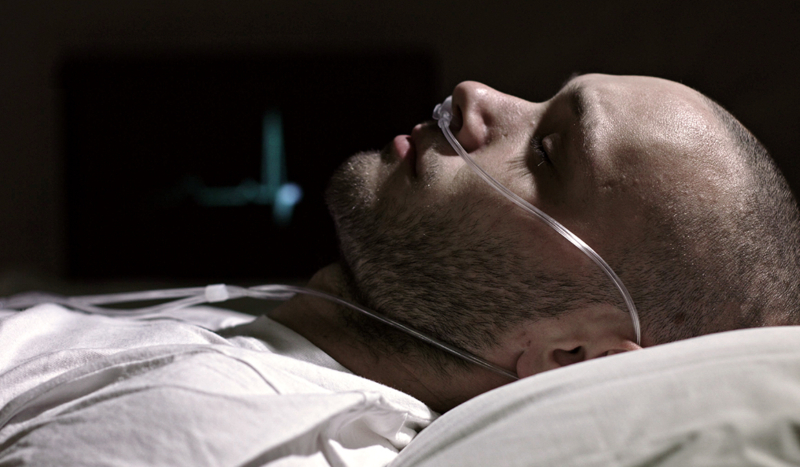
A 2016 California law allowing doctors to prescribe life-ending drugs to patients is now facing a lawsuit that could have massive ramifications in the pro-life battle for patient rights.
Disability rights advocates filed the suit in the U.S. District Court for the Central District of California this week, alleging California’s End of Life Option Act, passed in 2016, violates the Americans with Disabilities Act and denies terminally ill patients their constitutionally-protected rights to equal protection under the law and due process.
The End of Life Option Act was amended in 2021, removing “safeguards” put in place in the original law and fast-tracking the waiting period from the time of a suicide request from 15 days to 48 hours.
The United Spinal Association, the Institute for Patients’ Rights, Communities Actively Living Independent & Free (CALIF), Not Dead Yet (an advocacy group that fights against assisted suicide and euthanasia laws), and two individual plaintiffs, Lonnie VanHook and Ingrid Tischer, filed the suit.
The lawsuit claims that under the California law, people with life-threatening disabilities are treated differently than non-disabled people when they express a desire for suicide. It claims they are sometimes denied appropriate mental health services and medical care by both physicians and insurance companies, and can be pressured into choosing suicide.
Opponents argue that studies show there is no coercion.
Sean Crowley, a spokesperson for Compassion and Choices, a group that supported the passage of the California suicide law, says a study in 2007 showed “no evidence of heightened risk” for the terminally ill.
“It doesn’t take a study to establish things that are well known in human experience,” says Fr. Thomas J. Davis, Jr., president of the Liberty Institute for Faith and Ethics:
We know that people who are lonely and are facing physical demise, especially if they’re ostracized and don’t have family support, can feel abandoned, especially when medical providers say “We can give you a way out.” The “way out” is to be accompanied, through palliative care, not physician-assisted suicide.
Lonnie VanHook, one of the plaintiffs, has quadriplegia, which means he needs 24-seven help. He became very depressed when he couldn’t find enough help; so depressed, in fact, that he considered suicide.
Jules Steimnitz, who treated VanHook more than thirty years ago and has stayed in touch with him, helped talk him through his depression. Steimnitz, a rehabilitation doctor, says VanHook’s problem is “attendant deficiency.” “This is what’s causing his depression,” Steimnitz says. “He doesn’t need suicide. He needs attendants.”
“Is it really a choice when society makes it so difficult to access home health care support?” asks Michael Bien, an attorney for the case.
According to Bien:
The State of California needs to be stopped from running a deadly and discriminatory system that steers people with disabilities towards death by suicide under the guise of mercy and dignity in dying and away from the necessary mental health care and disability accommodations they deserve and are entitled to under the law.
The laws violate federal anti-discrimination laws and the Constitution. A public health system that fails to provide equal access to minimally adequate mental health care, hospice, palliative care, and independent living should not be empowered with a license to kill as a cheap alternative.
California is one of nine states, along with the District of Columbia, where physician-assisted suicide is legal.

